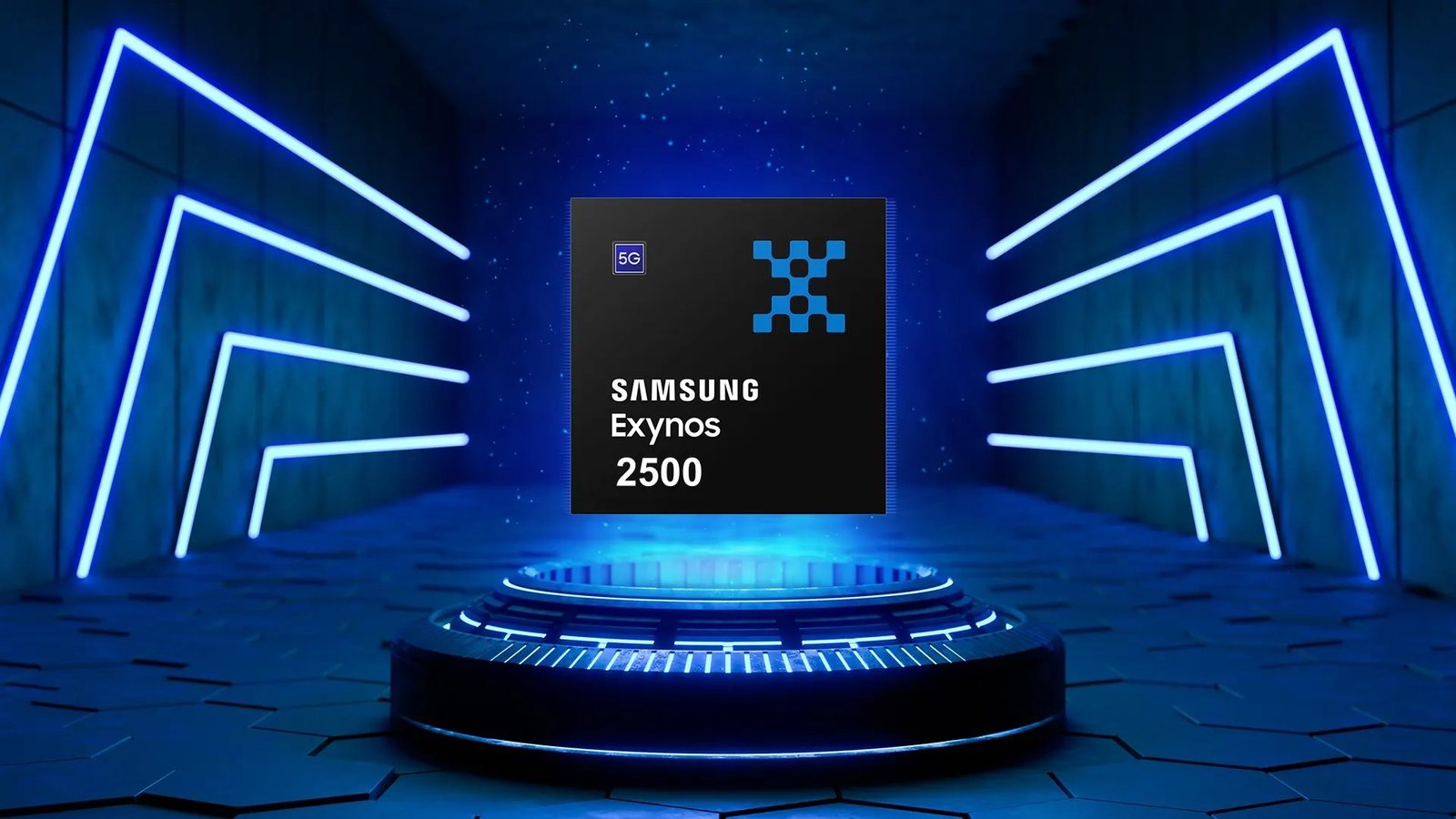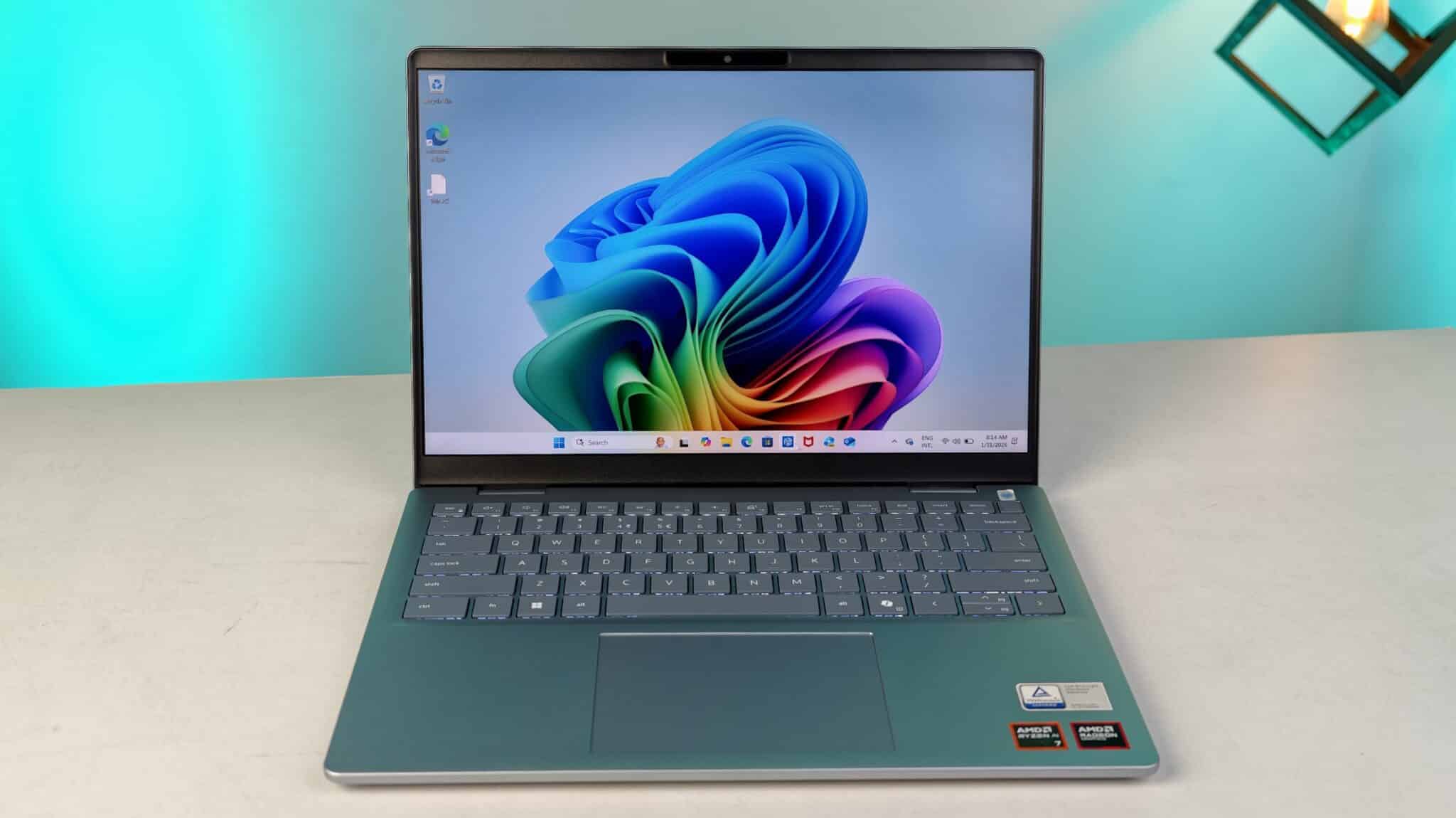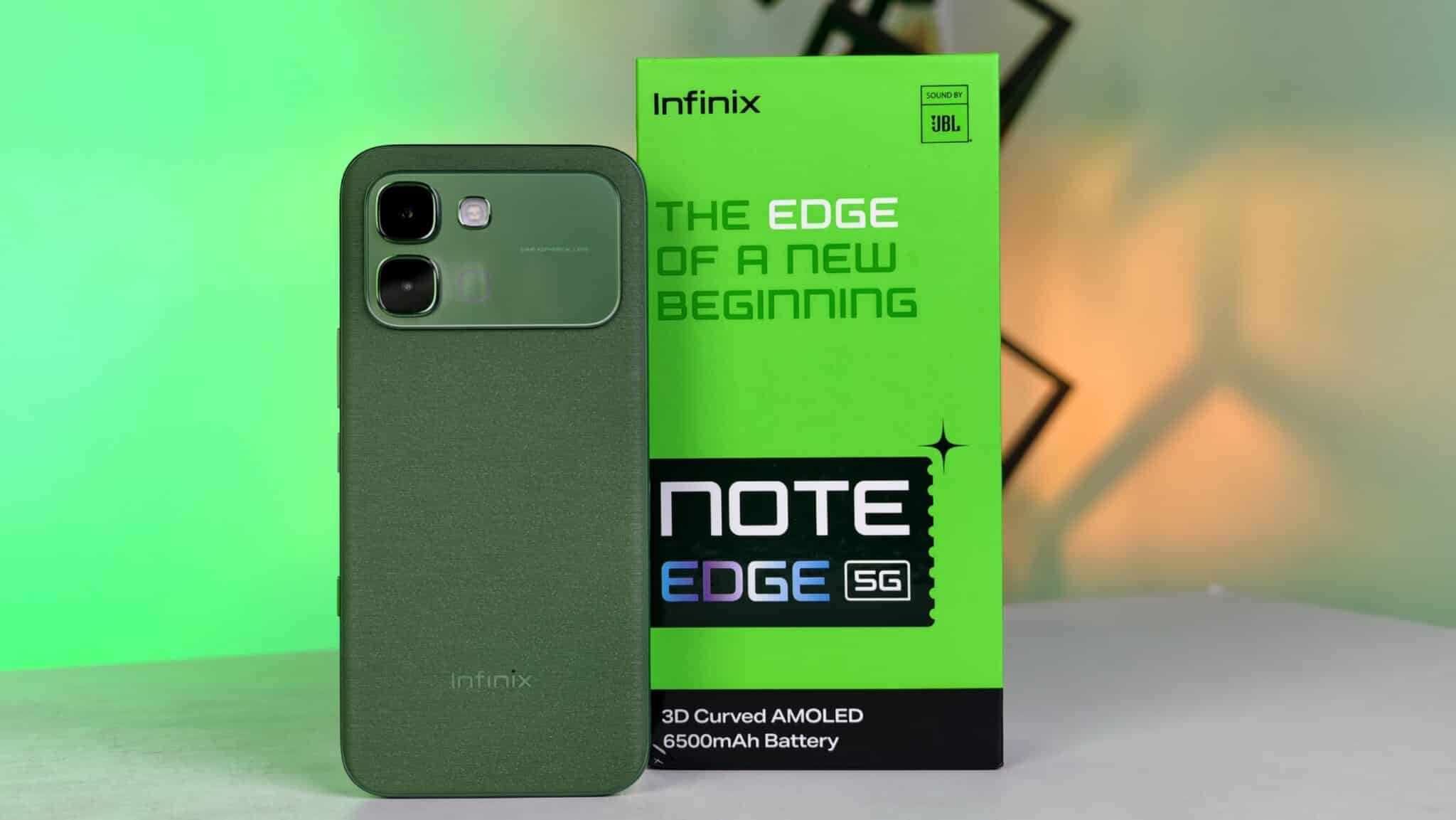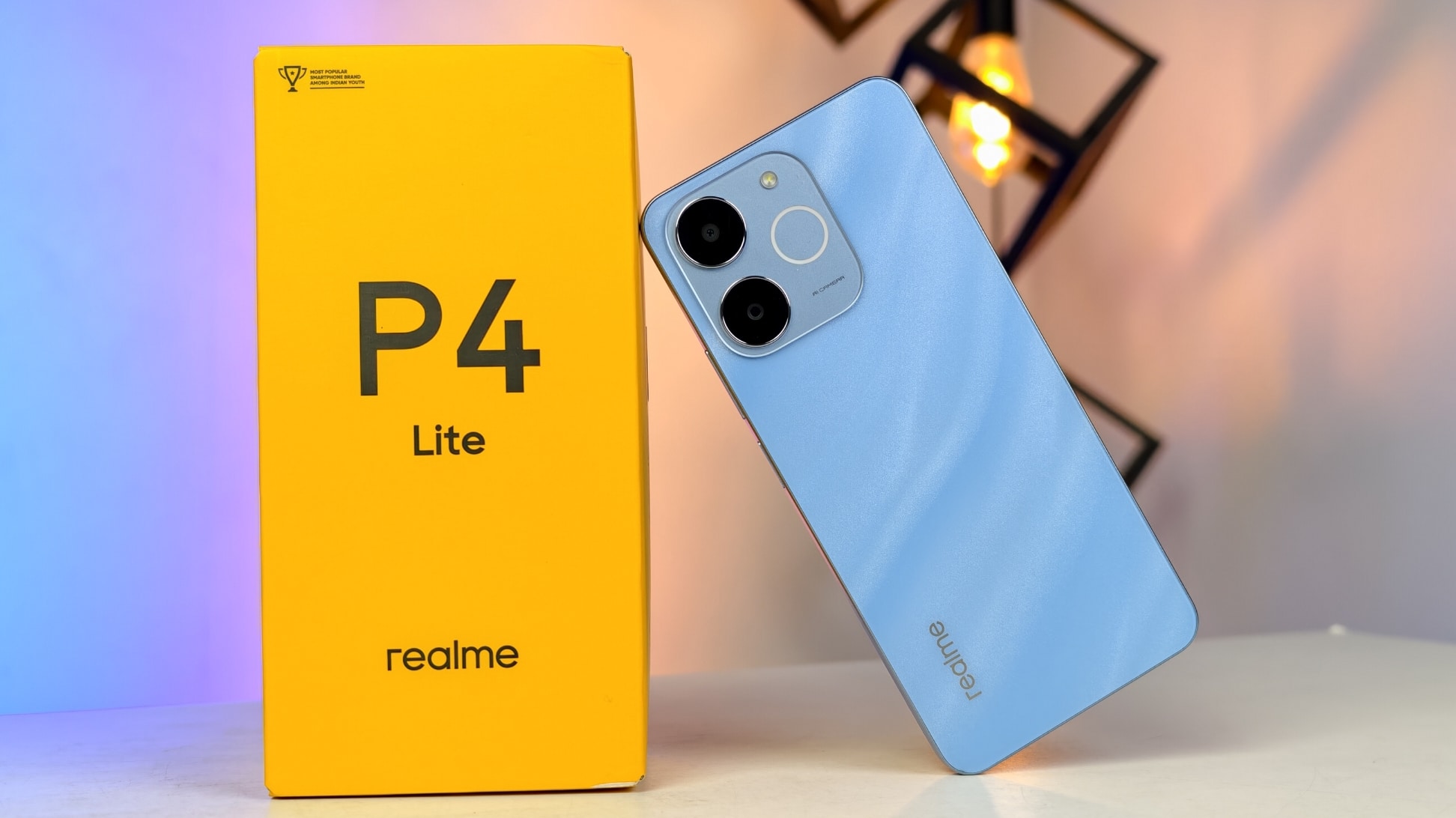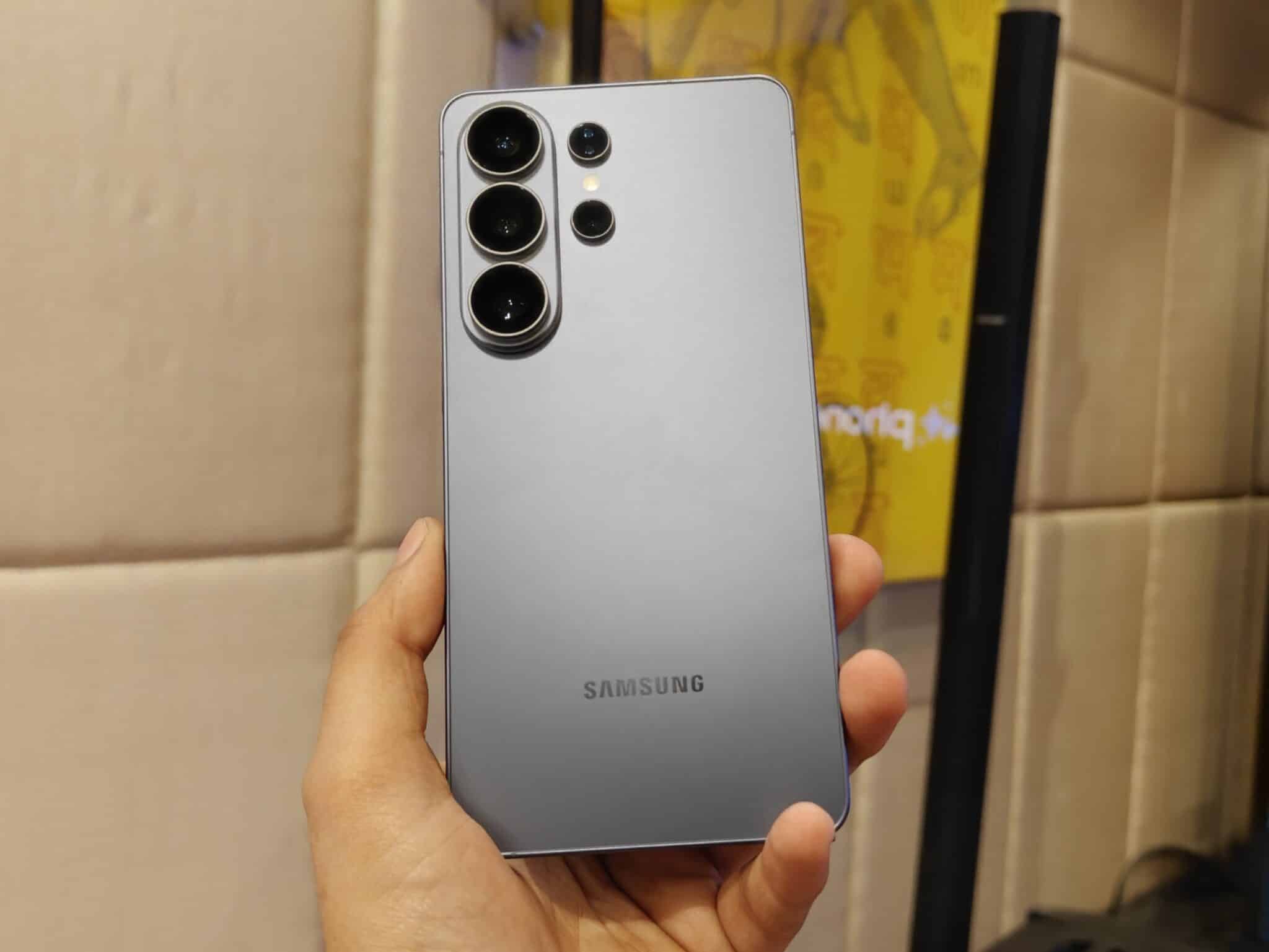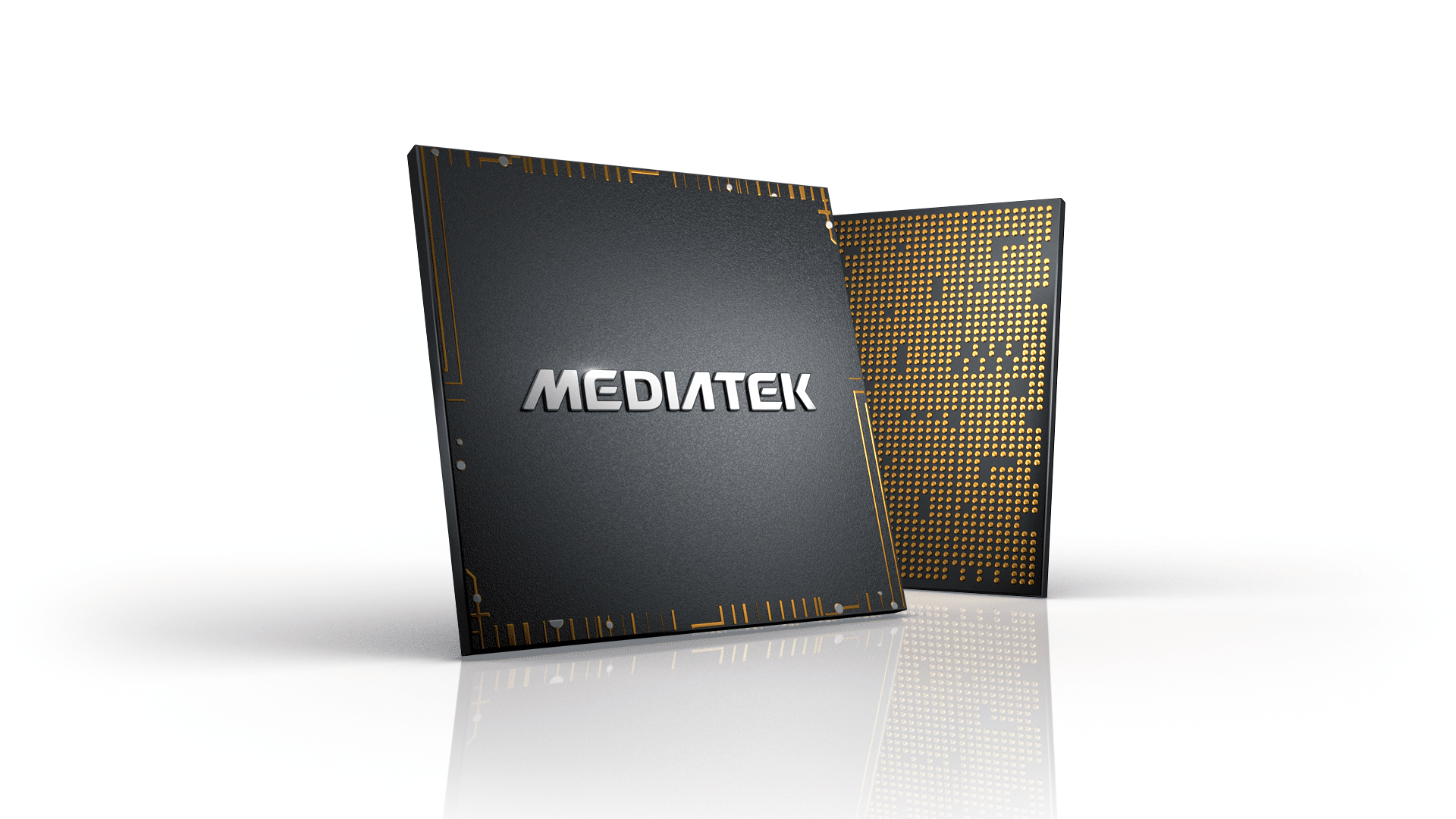Samsung’s upcoming Galaxy S25 series has been the subject of intense speculation, particularly regarding the chipset that will power these flagship phones. While rumors initially suggested Samsung might ditch its in-house Exynos processors in favor of Qualcomm’s Snapdragon or even MediaTek’s Dimensity chips, a recent report from South Korean publication Hankyung reveals that the Exynos 2500 is still in the running.
This internal debate within Samsung highlights the challenges the company faces in its semiconductor division. The Exynos 2500, built on a cutting-edge 3nm process, promises significant performance improvements, but production yields have reportedly been lower than expected. This has led to uncertainty about whether Samsung can manufacture enough Exynos 2500 chips to meet the demand for the Galaxy S25 series.
The Stakes are High
Samsung’s decision carries significant implications for the company’s reputation and bottom line. Previous Exynos processors have faced criticism for performance and efficiency gaps compared to their Snapdragon counterparts.
- Performance: Samsung aims to deliver a flagship experience with the S25, and the Exynos 2500 needs to match or exceed the Snapdragon 8 Gen 3 in benchmarks and real-world usage.
- Efficiency: Battery life is a crucial factor for smartphone users. The Exynos 2500 must demonstrate competitive power consumption to avoid the battery drain issues that plagued some older Exynos models.
- Yield Rates: Samsung needs to improve the production yield of the 3nm process to ensure a sufficient supply of Exynos 2500 chips for the Galaxy S25 lineup.
A Difficult Decision
Samsung is caught between a rock and a hard place. On one hand, using the Exynos 2500 allows the company to showcase its semiconductor capabilities and potentially reduce reliance on Qualcomm. On the other hand, persisting with a potentially inferior chip could damage the Galaxy S25’s reputation and impact sales.
My Take
Having closely followed Samsung’s Exynos journey, I believe the company is under immense pressure to deliver a compelling Exynos 2500. The 3nm process technology holds immense potential, but yield issues and performance consistency have been persistent challenges for Samsung’s foundry.
If Samsung can overcome these hurdles, the Exynos 2500 could be a game-changer, offering a powerful and efficient alternative to Snapdragon chips. However, if the chip falls short of expectations, it might be wiser for Samsung to stick with Snapdragon for the Galaxy S25 and refine the Exynos for future devices or specific markets.
What’s Next?
The report suggests that Samsung will make a final decision on the Exynos 2500’s fate in the Galaxy S25 by the end of October or early November. This decision will likely be based on the latest yield rates and performance data from the 3nm production line.
Until then, the tech world waits with bated breath to see whether Samsung will take a leap of faith with the Exynos 2500 or play it safe with a proven Snapdragon chip.



